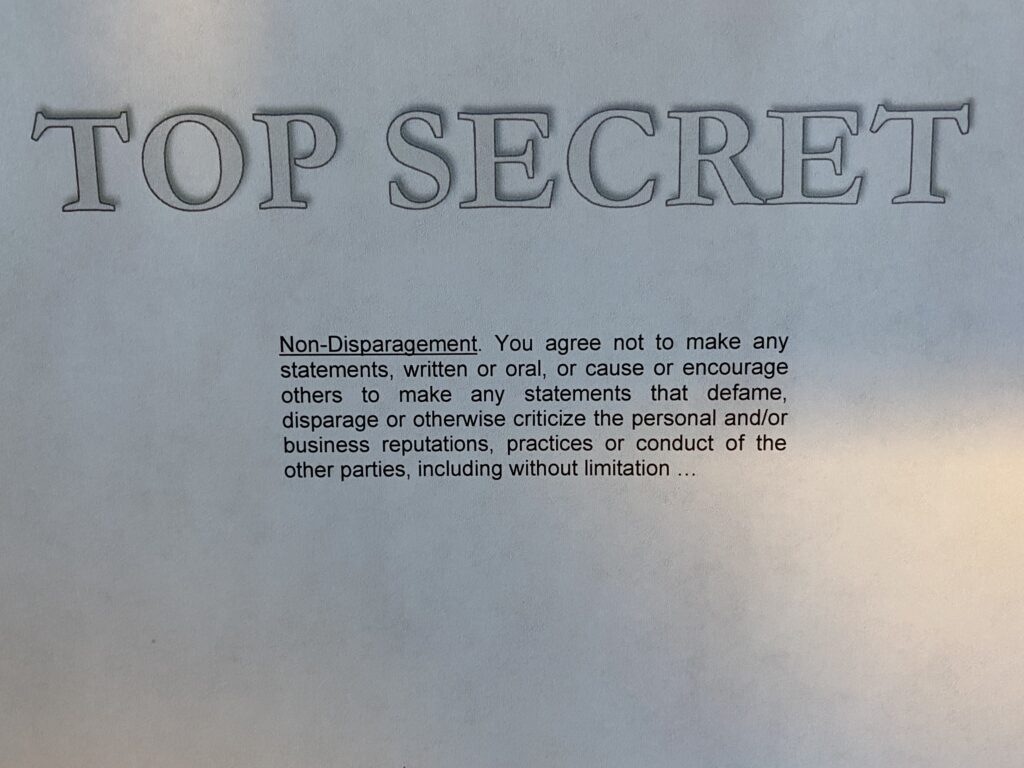In April, New York enacted mandatory sick leave laws to go into effect on September 30, 2020. While the law goes into effect at the end of the month, employees cannot start using any accrued sick leave until January 2021.
The amount of leave depends on the size of the employer and the employer’s net income from the prior year. The same is true as to whether the employee is entitled to paid or unpaid sick leave.
Employers must count both full-time and part-time employees. It still unclear whether employees that work outside of New York would also be included in the count.
How is the amount of time due to employees calculated?
Employers with4 or fewer employees in any calendar year and a net income of $1 million or less = at least 40 hours of unpaid sick leave in each calendar year
Employers with 4 or fewer employees in any calendar year and a net income of more than $1 million = at least 40 hours of paid sick leave in each calendar year
Employers with 5 -99 employees in any calendar year = at least 40 hours of paid sick leave in each calendar year
Employers with 100 or more employees in any calendar year = at least 56 hours of paid sick leave in each calendar year
An employee is to be paid their regular rate of pay or minimum wage, whichever is greater.
How is sick leave accrued?
Sick leave is accrued at a rate not less than one (1) hour for every 30 hours worked.
Unused and accrued sick leave can be carried over to the following year. However, employers can limit the amount of time used in one year to 40 hours or 56 hours during one calendar year. The law does not require payment of unused, accrued sick time upon an employee’s departure.
Employers can also frontload the sick leave an employee is entitled to, but if they do, they cannot then reduce the amount of sick leave based on the actual time worked by the employee.
Sick leave will begin to accrue on September 30, 2020 to be used starting January 1, 2021. For those employees hired January 1, 2021 or after, the sick leave can be used once it accrues.
What are some reasons an employee can use New York Paid Sick Leave?
Employees can use sick leave:
(1) to care for an employee or employee’s family member’s mental or physical illness, injury or mental health condition, whether it has been diagnosed, or requires medical care at the time the leave is requested; or
(2) for the diagnosis, care or treatment of an employee’s or employee’s family member’s mental or physical illness, injury, or health condition, or for preventative care for the employee or family member; or
(3) when an employee or the employee’s family member has been a victim of domestic violence, a family offense, sexual offense, stalking or human trafficking receives assistance, attends events related to this experience, or takes any other action(s) to protect the health of safety of the employee or employee’s family member.
NYPSL also offers definitions of relevant terms such as “family member”, “parent” and “child”.
Must employers keep records of the sick leave? Yes.
Employers must keep records of sick leave provided to employees for six (6) years. Employees can make oral or written requests for the leave. The employer is obligated to provide a summary of the leave accrued and used by the employee. Employers cannot require employees to disclose confidential information pertaining to the request.
Can an employer retaliate against an employee for their use of NYPSL? No.
Employers are prohibited from retaliating against employees who use NYSPL. Employees must be returned to the same position, same pay and other terms and conditions of employment they maintained prior to their use of the sick leave.
It is expected that the Department of Labor will provide additional guidance and regulations to assist employers/employees with this new law.
There are other leave laws that are currently in effect, including, without limitation: FMLA, New York Paid Family Leave, Family First Coronavirus Response Act, New York City Paid Safe and Sick Leave Law.
For more information about your rights and options, contact Sheree Donath at sheree@donathlaw.com or at 516-804-0274.
(Attorney Advertising)












